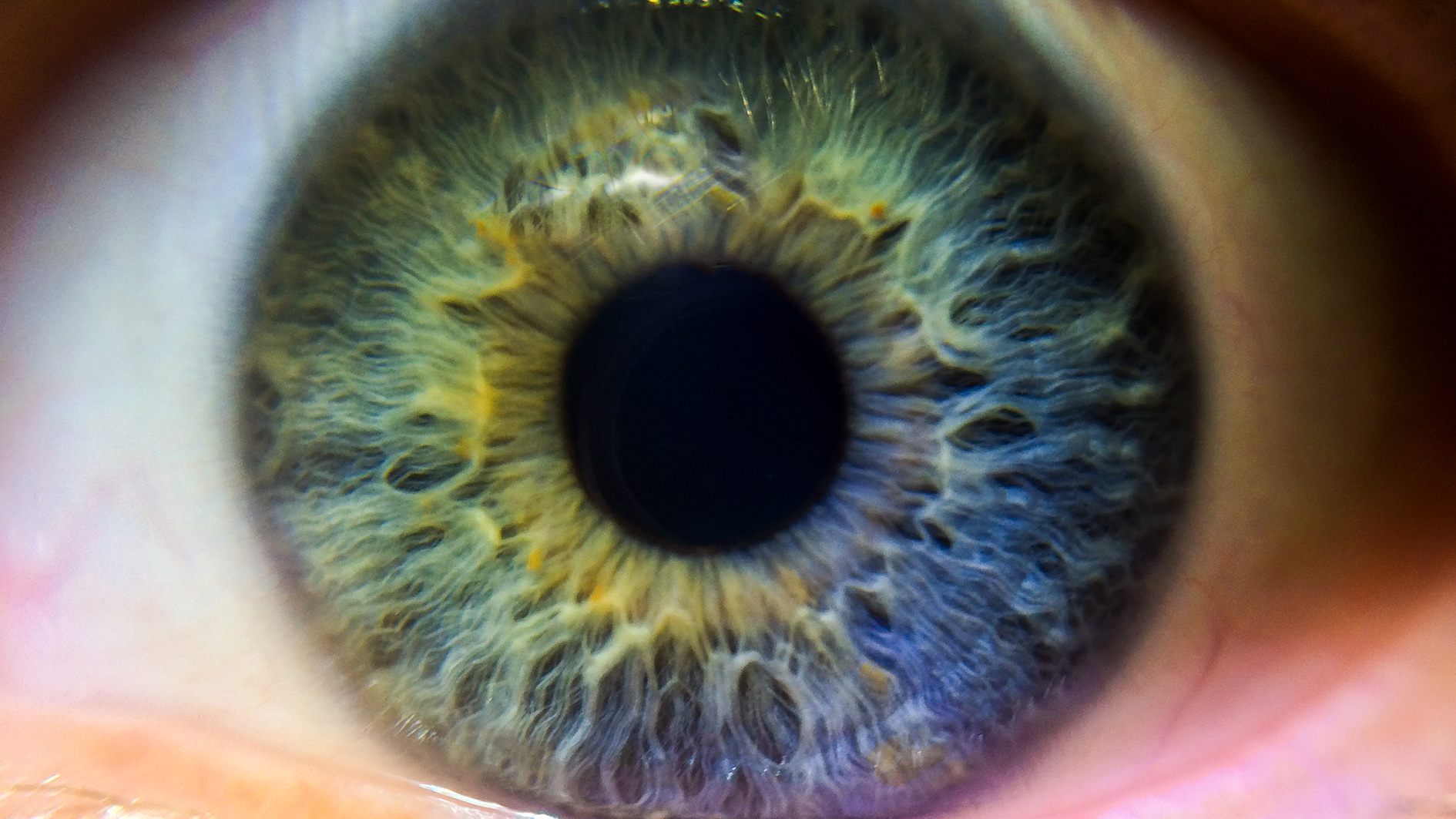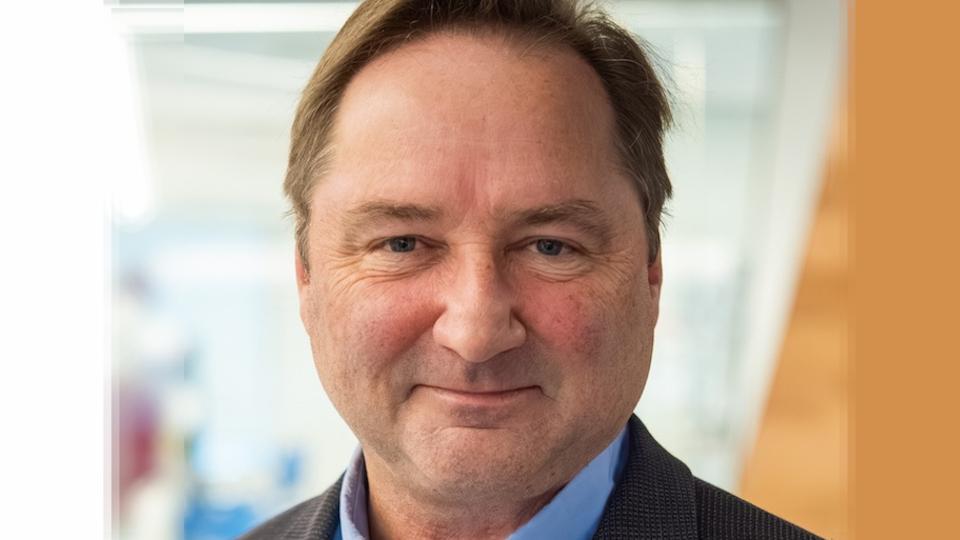First UK patients get Novartis’ Luxturna gene therapy for blindness

The first NHS patients have started treatment with Novartis’ Luxturna, a gene therapy for a sight-robbing inherited disease, after the drugmaker agreed a discount on its £613,000 list price last year.
Luxturna (voretigene neparvovec) was recommended for NHS funding in September for use in patients with vision loss caused by inherited retinal dystrophy from confirmed RPE65 gene mutations, including children with Leber’s congenital amaurosis (LCA).
At the time, cost-effectiveness watchdog NICE said around 86 people in England would be eligible for the treatment, which has been shown in trials to prevent progressive sight loss and even improve vision in some patients. NHS England now says that number could be as high as 100.
Jake Ternent, a patient at Moorfields Eye Hospital was the first in the UK to receive the treatment, according to NHS England. He has no night time vision, his daylight vision has been deteriorating since childhood and he is now registered as blind.
“After participating in 15 years of research I now have the golden opportunity to be the first person in the UK to have this treatment on the NHS. I am hopeful that this procedure will not only improve my own quality of life but that it will be able to help others with my condition too.”
Prior to Luxturna, treatment for the inherited disorder was limited to supportive care, such as the use of low-vision aids. NHS England says many patients in Luxturna trials recovered their night time vision after the one-shot therapy.
The therapy is however only suitable for patients who retain some degree of vision, and there needs to be sufficient retinal cells remaining to take up and express the gene therapy.
Tina Houlihan, chief executive of medical charity Retina UK, said this form of eye disorder has “life-long physical, emotional and financial impact” on patients and their families.
“We very much hope that this is just the start and that other therapies will soon be discovered and made available on the NHS for people in the UK who live with a wide range of inherited retinal dystrophies,” she added.
Luxturna treatment for adults is currently available from three national specialist centres in Manchester, London, and Oxford, but may be rolled out to other hospitals in future.
Children will be treated at Great Ormond Street Hospital in London, which says two sisters with LCA have already received the gene therapy.
Luxturna was developed and is sold in the US by Spark Therapeutics – which was taken over by Roche in a $4.3 billion deal last December.
Spark reported $16 million in Luxturna sales in the first nine months of the year – including $9 million in the third quarter from the shipment of 24 vials of the gene therapy – ahead of the Roche deal.













